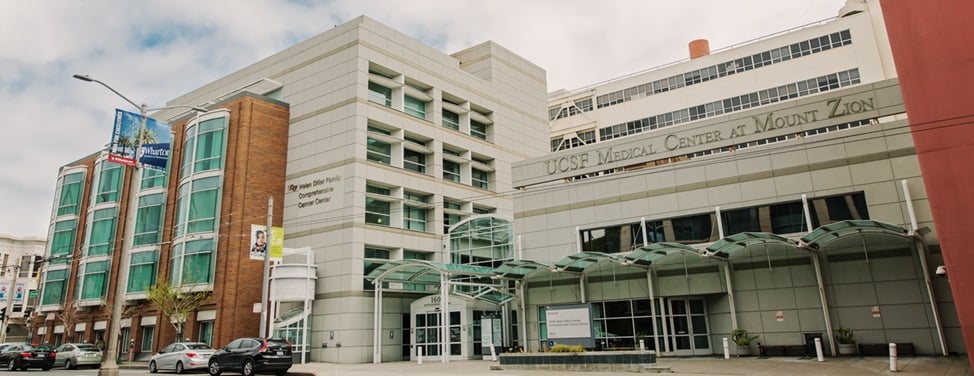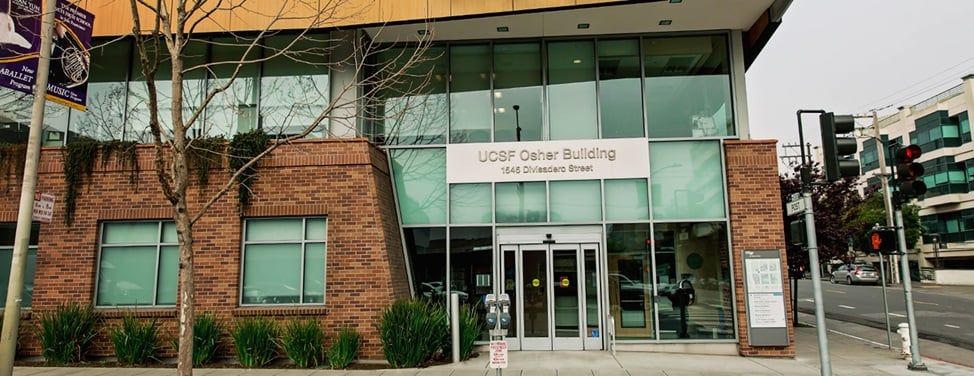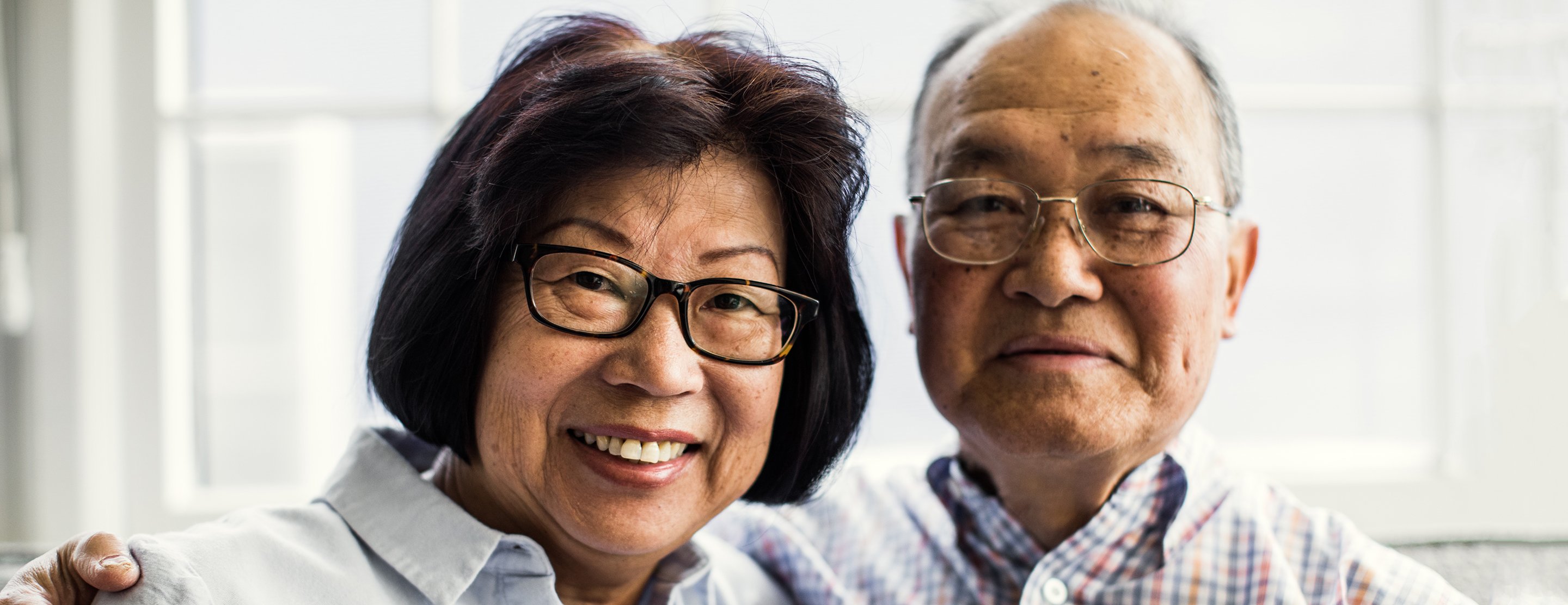
Center for Neuroendocrine Tumors
The UCSF Center for Neuroendocrine Tumors provides comprehensive care for patients with all types of neuroendocrine tumors (NETs). Arising from cells that have traits of both nerve cells and endocrine cells, these rare tumors may produce hormones and can develop in many parts of the body, including the head and neck, lungs, pancreas and digestive tract.
We're equipped to handle any NET, no matter where it appears in the body or how it behaves. Our team includes surgeons, medical oncologists, radiation oncologists, radiologists, cardiologists, endocrinologists, symptom management experts, genetic counselors, nutritionists, psychologists, social workers and other specialists. We work together to provide patients with a precise diagnosis and treatment plan tailored to their particular case and needs.
All of our patients can expect to receive the latest and most effective therapies available for their condition. For a patient with a pancreatic NET, for example, the best treatment might involve minimally invasive surgery to remove the tumor. A patient with a gastrointestinal tumor might benefit from peptide receptor radionuclide therapy (PRRT), a new radiation technique that targets cancer cells. And we might use advanced screening tools, such as the UCSF500 Cancer Gene Panel test, to identify the precise biology behind another patient's tumor.
Our goal is to deliver world-class care from a holistic perspective. We make sure that our patients and their families have the support they need to face the physical, emotional and financial challenges that can arise after a cancer diagnosis. UCSF offers a wide range of cancer support services, including a bimonthly education and support group for patients with NETs and their loved ones.
Our locations
Our team
-

Luai Al Rabadi
MD
Gastrointestinal Medical Oncology -

Mekhail Anwar
MD, PhD
Radiation Oncology -

Emily K. Bergsland
MD
Gastrointestinal Medical Oncology, Neuroendocrine Oncology -

William C. Chen
MD
Radiation Oncology -

Carlos Corvera
MD
Sarcoma and Connective Tissue Surgical Oncology, Gastrointestinal Surgical Oncology -

Mary Feng
MD
Radiation Oncology -

Nicholas Fidelman
MD
Interventional Radiology -

Thomas Hope
MD
Diagnostic Radiology, Neuroendocrine Oncology -

Wesley Kidder
MD, MPH
Gastrointestinal Medical Oncology, Neuroendocrine Oncology -

Angela Laffan
NP
Cancer Survivorship -

Connie Li
NP
Neuroendocrine Oncology, Gastrointestinal Medical Oncology -

Sheila Lindsay
NP, MSN, RN
-

Akshiv Malhotra
MD
Medical Oncology, Gastrointestinal Medical Oncology -

Eric Nakakura
MD, PhD
Gastrointestinal Surgical Oncology, Sarcoma and Connective Tissue Surgical Oncology -

Sorbarikor Piawah
MD
Gastrointestinal Medical Oncology, Neuroendocrine Oncology
-

Rahul Aggarwal
MD
Genitourinary Medical Oncology -

Mekhail Anwar
MD, PhD
Radiation Oncology -

Carlos Corvera
MD
Sarcoma and Connective Tissue Surgical Oncology, Gastrointestinal Surgical Oncology -

Nicholas Fidelman
MD
Interventional Radiology -

Umesh Masharani
MD
Diabetes, Diabetes Education -

Lisa Mackie
NP
Gastrointestinal Medical Oncology, Neuroendocrine Oncology -

Claire K. Mulvey
MD
Thoracic Medical Oncology, Neuroendocrine Oncology -

Eric Nakakura
MD, PhD
Gastrointestinal Surgical Oncology, Sarcoma and Connective Tissue Surgical Oncology
Clinical trials
Testing Lutetium Lu 177 Dotatate in Patients With Somatostatin Receptor Positive Advanced Bronc...
Will be compared between patients with a bronchial neuroendocrine tumor receiving lutetium Lu 177 dotatate to those receiving everolimus. The distribution of PFS will be estimated using the Kaplan Meier method. Will be tested usin...
Recruiting
Pembrolizumab Plus 177Lu-PSMA-617 in Patients With Castration Resistant Prostate Cancer
rPFS is defined as the amount of time from the initiation of study therapy and the day of first documented radiographic disease progression per RECIST version 1.1 and PCWG3 criteria. The proportion of patients without radiographic...
Recruiting
177Lu-PSMA-617 With Liver Directed Therapy in Metastatic Castration Resistant Prostate Cancer
Treatment emergent adverse events will be classified according to the NCI Common Terminology Criteria for Adverse Events (CTCAE) v5.0. Adverse events and clinically significant laboratory abnormalities (meeting Grade 3, 4, or 5 cr...
Recruiting
Durvalumab With/Without Tremelimumab After Palliative Hypofractionated Radiotherapy for Hepatoc...
Response is defined per Response Evaluation Criteria in Solid Tumors 1.1 as a complete response (CR) or Partial Response (PR) (CR+PR=ORR) excluding radiation therapy-treated lesions. Response will be assessed after participants co...
Recruiting
A Study of Pazopanib With or Without Abexinostat in Patients With Locally Advanced or Metastati...
To compare the PFS between treatment arms. PFS is defined as the time (month) interval between date of randomization and date of radiographic disease progression or death for those without prior evidence of progression, as assesse...
Recruiting
U.S. News rankings
-

Among the top hospitals in the nation
-
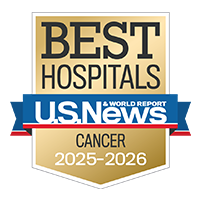
Best in California and No. 7 in the nation for cancer care
Accreditations & memberships
-
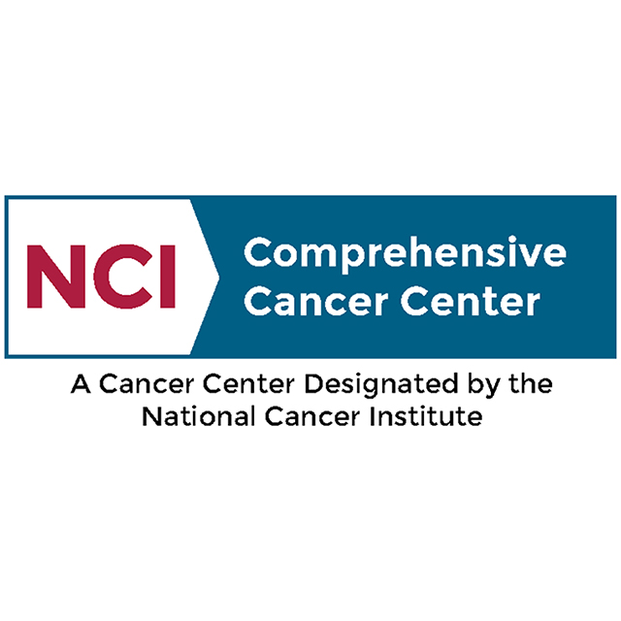
National Cancer Institute
The National Cancer Institute has designated UCSF a comprehensive cancer center, its highest ranking. This designation is awarded to centers that demonstrate scientific excellence and the ability to conduct cancer research across many disciplines.
-
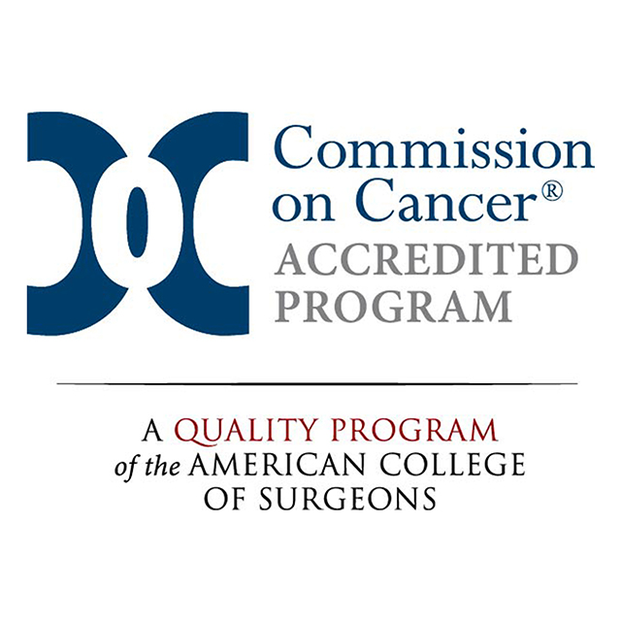
Commission on Cancer
UCSF's cancer programs have been accredited by the American College of Surgeons' Commission on Cancer (CoC) since 1933. The CoC is a consortium of groups dedicated to improving cancer patients' survival and quality of life via research, education and better medical care.
-
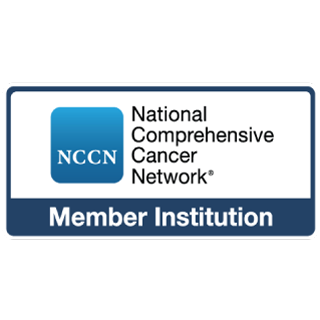
National Comprehensive Cancer Network
UCSF is a member of the National Comprehensive Cancer Network, an alliance of the world’s top cancer centers. The network brings together leaders in treatment and research to improve the quality, effectiveness and efficiency of cancer care.
Support services
Plan your visit
What to Bring
- Photo I.D.
- Health insurance card
- Insurance authorization, if required
- Doctor's referral, if required
- Recent test results related to your condition
- List of your medications, including dosages, plus any you're allergic to
- List of questions you may have
- Device or paper for taking notes




















